|
Getting your Trinity Audio player ready...
|
HSBC warns COSCO and OOCL face $2.1bn hit from looming US port fees
The upcoming US-China Port Fees policy that mostly targets Chinese connected ships could cost COSCO and its Hong Kong-listed subsidiary OOCL over $2.1 billion in 2026, as reported by new calculations by HSBC.
USTR (the US Trade Representative) has planned to imply the US-China Port Fees ON OCTORBER 14th, Even though the final rules have not been published. Customs & Border Protection are working on a system to collect the fees, according to industry sources who spoke to Splash. HSBC analysts warn that although their main goal is not to include the fees yet, but it shows hoe costly the new policies will be for Chinese shipping companies.
COSCO and OOCL Brace for US Fee Fallout
HSBC predicts that COSCO might face a $1.5 billion charge next year, which would be about 5.3% of its expected revenue for 2026. OOCL could see a $654 million fee — around 7.1% of its projected revenue.
these estimations are based on a $600 charge per forty-foot container (FEU) for a 10,000 TEU ship that equals 25% more than the current shipping rate from shanghai to US west coast due to new US-China Port Fees.
HSBC suggests that COSCO and OOCL may rely more on their Ocean Alliance partners, CMA CGM and Evergreen to mostly use Korean and Japanese built vessels in the transpacific. According to HSBC China’s ships might be assigned to other destinations. Another action against new US-China Port Fees is to move cargo through Mexico, Canada, or ports in the Caribbean, something that has already started happening shown by the fact that both Chinese lines have announced recent Mexico services.
Changing shipping networks like new US-China Port Fees could lead to tighter space in short term, warned HSBC, because carriers are holing on to older ships that have nit been built in China, nearly 93% of over 20-year-old feels fall into this category, ships that have been scrapped under usual conditions.
Last month, Orient Overseas (International) Ltd (OOIL), the main company of OOCL listed in Hong Kong, admitted that the expected US-China Port Fees set to start in October could have a significant negative impact.
The global shipping industry and the sea freight not only the container sector, is adjusting its fleet plan prior to the increase of port fees applied by the US in Chinese and linked vessels.
This change has already been seen in shipping charting choices for transatlantic oil tankers and bulk carriers as Chinese vessels are being assigned to other destinations.
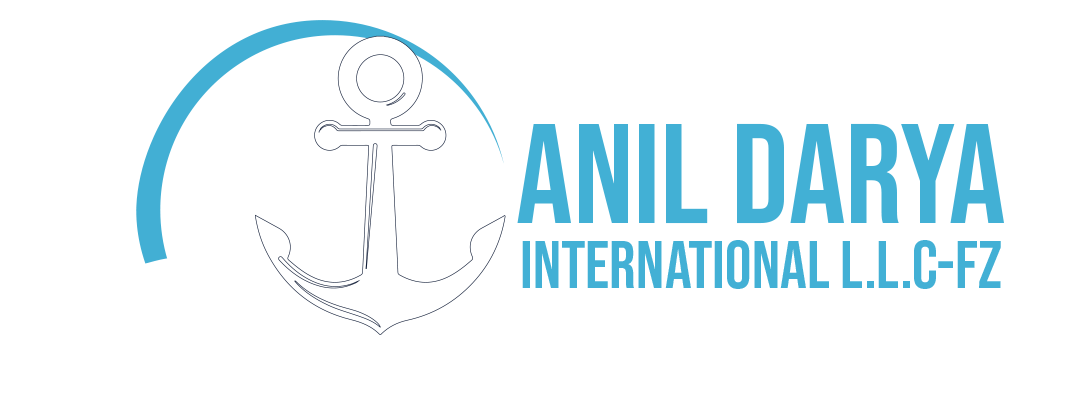
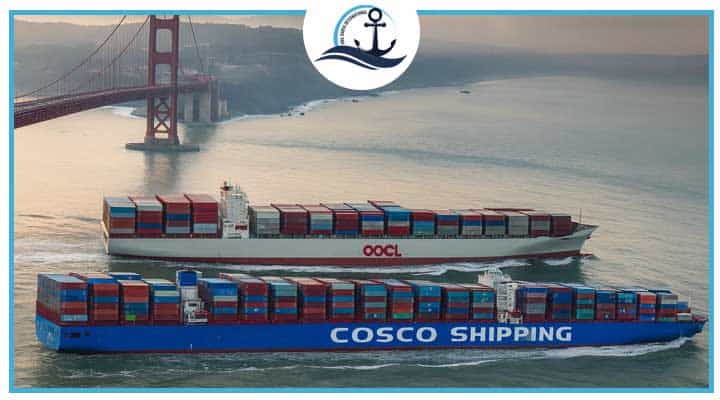
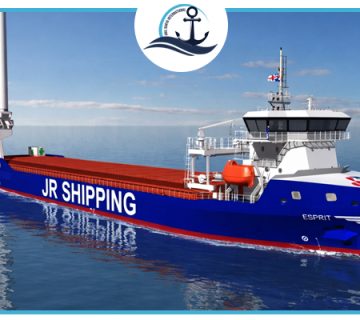
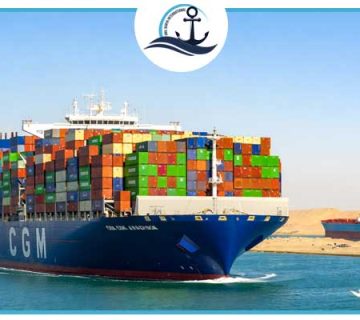
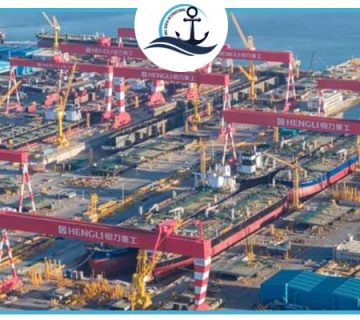
No comment